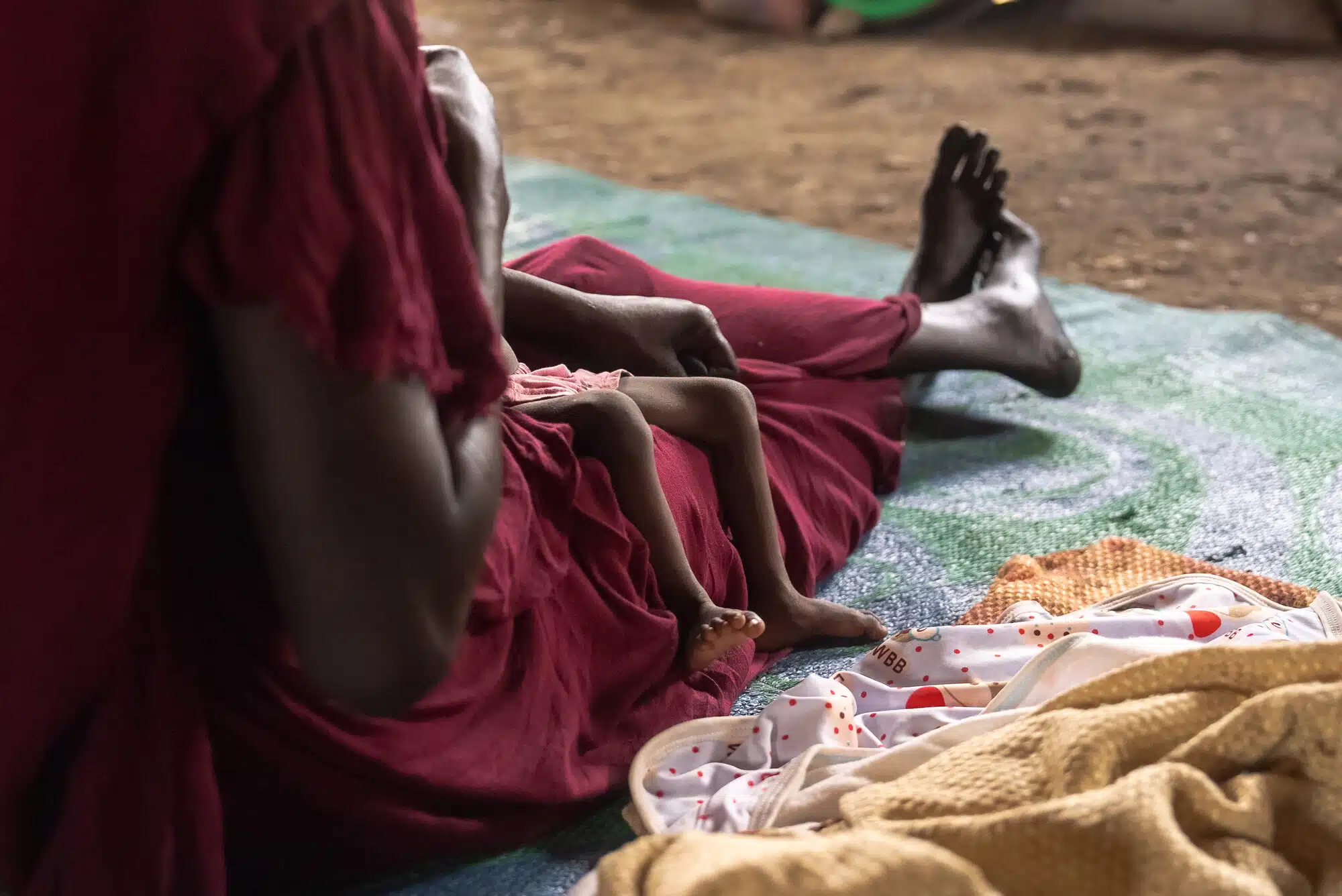Media Centre - 25 October 2024
Australian Government’s $11.9 funding boost a welcome first step in long-term food security across Africa

Plan International Australia welcomes today’s announcement from Foreign Minister, Penny Wong, that Australia will boost investment to combat food insecurity in Africa, through the new Africa-Australia Partnership for Climate Responsive Agriculture.
One in five people in Africa experienced food insecurity in the last year with millions facing severe hunger. Ongoing and escalating crises caused by conflict, economic shocks and climate change threaten to increase that number.
Plan International research has shown that hunger has a disproportionate impact on girls and women. Girls are often the first to be taken out of school, and the last to eat when food runs low. In some of the world’s worst hunger hotspots, families resort to early and forced child marriage for their daughters, simply to survive. Hunger also places girls at risk of child labour, gender-based violence, sexual exploitation and unwanted pregnancy.
Plan International is responding to this crisis in multiple countries across Africa that are most affected by food insecurity, rapidly scaling up programmes such as nutrition support, cash and voucher assistance, food distributions, child protection, school feeding programs, climate resilience and livelihood support. It is essential that this crisis is met with both immediate assistance and long term solutions, which is why we welcome today’s announcement from the Australian Government.
Plan International will continue advocating for Australia to contribute to immediate responses to the hunger crisis, and to proactively engage in working towards solutions for long term food security in the context of climate change.
In war-ravaged Sudan, the country is facing the worst levels of acute food insecurity ever recorded there by the IPC: over half the population (25.6 million people) faced crisis or worse conditions (IPC phase 3 or above), from June to September 2024. More than 18 months of conflict have pushed parts of North Darfur, notably the Zamzam camp near El Fasher town, into famine conditions, while the IPC notes that many other areas throughout Sudan remain at risk of famine as long as the conflict and limited humanitarian access continue.
In South Sudan – one of the world’s most food insecure countries, with more than half a million children malnourished – rising food prices, drought, floods and a growing humanitarian crisis at the border are pushing the country to the brink. Plan International delivers transformative General Food Distribution programs that equip recipients with cash assistance, food baskets with nutritious essential items and high quality seeds that are more drought tolerant and resistant to pests and diseases, helping farmers double their yields.
“We are truly in the grip of the worst hunger crisis that us humanitarian workers have ever seen,” said Plan International Australia Deputy CEO Mudasser Sidiqui, who recently spent time in Ethiopia working on Plan International’s humanitarian response to food insecurity.
“When I was in Ethiopia, we heard harrowing stories from the tens of thousands of Sudanese refugees who have fled over the border into Ethiopia, waiting to be settled in refugee camps. Stories that will stick with me for the rest of my life. Most of the new arrivals are women who are traumatised by violence, and their children and babies, who are so weak and malnourished they can barely cry. Resources – food and water – are scarce and many babies and young children have already died of malnutrition.
“Plan International is one of the few organisations working in the area, screening children under five for malnutrition and referring malnourished children to health centres for enrolment in feeding programmes. It is vital that wealthy countries step up and provide desperately-needed aid and long term solutions to assist communities in Africa – from Sudan to Ethiopia, Chad and Somalia – who are facing acute food insecurity.
“We must all face the facts: climate change is making droughts in Africa more regular and severe, reducing the capacity of the communities to withstand shock. Support in climate resilient food security is critical to ensuring that communities are better prepared. However, we must also recognise the contributions smaller scale, local – and often women – farmers make and proposes solutions that empower and strengthen their efforts.
“No child should face starvation because of political conflict, economic collapse, or climate disasters. Famine, malnutrition and food insecurity can always be avoided through timely international support and intervention,” he said.
Media contacts


